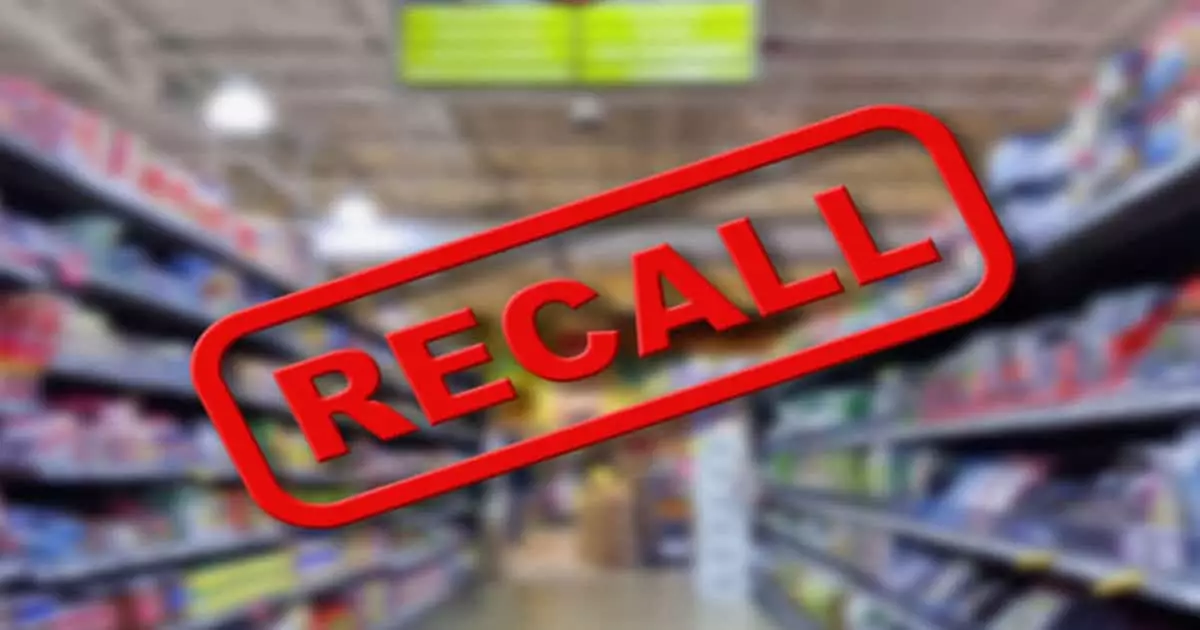In an era where pet ownership is at an all-time high, ensuring the safety of pet food is paramount. With pets regarded as members of the family, the potential hazards associated with contaminated pet food can lead to dire health consequences not just for our furry friends but also for the humans handling these products. Regular announcements regarding product recalls, market withdrawals, or safety alerts are disseminated by the Food and Drug Administration (FDA) to inform consumers about potential health risks. While the FDA provides these notifications as a public service, it does not endorse the products or the companies involved. Understanding how and why these recalls happen is crucial for pet owners to safeguard their pets and themselves.
A recent recall by Blue Ridge Beef illustrates the significance of vigilance when it comes to pet food. On January 3, 2025, the company announced the recall of approximately 1,350 pounds of its Kitten Mix due to contamination with Salmonella. This event originated from a customer complaint that prompted the Massachusetts Department of Agriculture Resources to collect a product sample for testing. The subsequent analysis conducted by the Massachusetts State Public Health Laboratory confirmed the presence of Salmonella, a bacterium known to cause illness in both animals and humans.
Lot numbers, a key identifier stamped on product packaging, play an essential role in recalls. For Blue Ridge Beef, the affected products include the Kitten Mix labeled with Lot N25-0716 and a UPC of 8542980013436. This precise information is vital for consumers seeking to assess whether their purchased product might be vulnerable to contamination.
Salmonella is notorious for its potential to cause gastrointestinal infections in humans and animals. Though healthy individuals may experience symptoms like nausea, vomiting, diarrhea, and abdominal cramping, the consequences can be much graver for vulnerable populations, including young children and the elderly. Likewise, pets exhibiting signs such as lethargy, fever, and vomiting may not only suffer severely but may also pose a risk of transmitting the bacteria to humans. As such, it’s paramount for pet owners who have fed their cats the affected product to remain vigilant for any concerning symptoms.
The recall emphasizes the necessity for consumers to be informed about the risks posed by contaminated pet food. Those exhibiting symptoms should seek immediate medical attention, and pet owners must consult veterinarians if their pets show signs of distress after consuming the recalled food.
In the wake of such recalls, consumers must be proactive. The FDA advises consumers who have purchased the affected Kitten Mix to either return it to the point of sale or, if that’s not plausible, dispose of the product safely to prevent accidental ingestion by children and pets. One of the most crucial lessons to take from recalls is the importance of proper handling; consumers should wash hands and clean any surfaces that may have come into contact with the affected product thoroughly.
Moreover, educating oneself about the significance of product labeling and lot numbers can greatly mitigate health risks associated with pet food. Being aware of recalls and understanding how to respond requires constant vigilance and responsibility on the part of consumers.
The incident involving Blue Ridge Beef serves as a potent reminder of the hazards that can lurk within pet food products. As a society that increasingly sees pets as family members, ensuring their health and safety is vital. The onus is on consumers to stay informed and proactive, taking every necessary step to protect their pets and themselves from the potential ramifications of contaminated pet food. Regular monitoring of FDA announcements, awareness of recall procedures, and improved hygiene practices are essential to safeguarding the well-being of our beloved companions. In the end, awareness leads to action, and responsible pet ownership requires a commitment to both prevention and vigilance.

